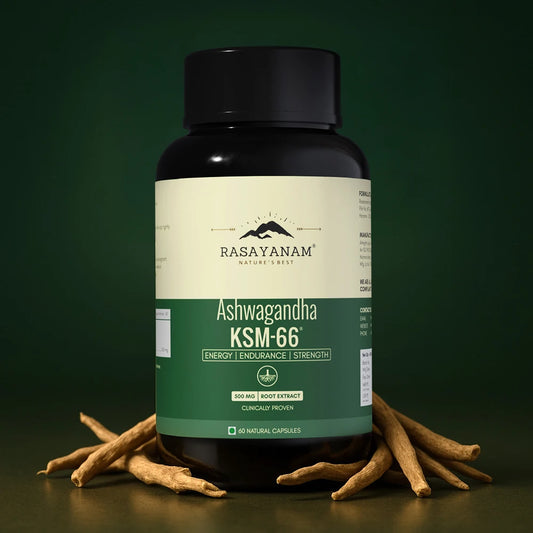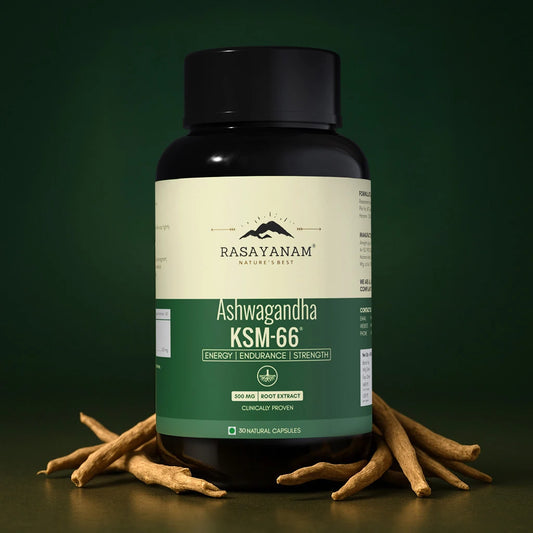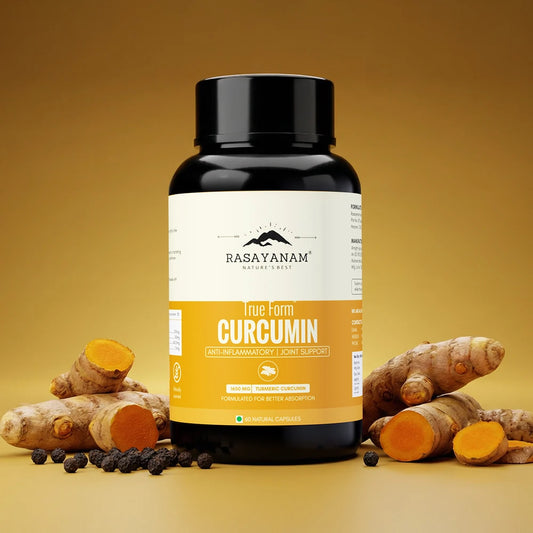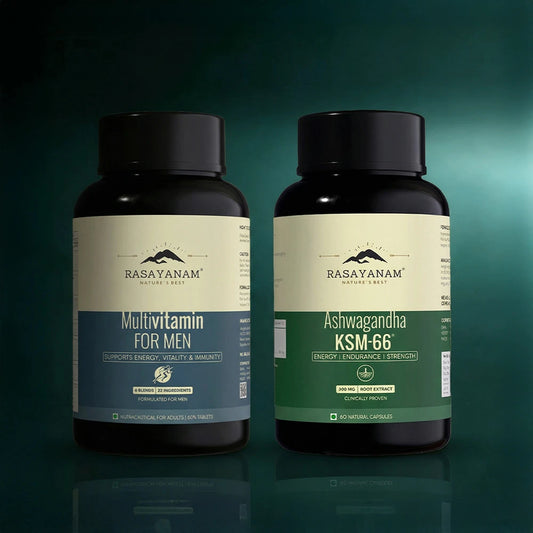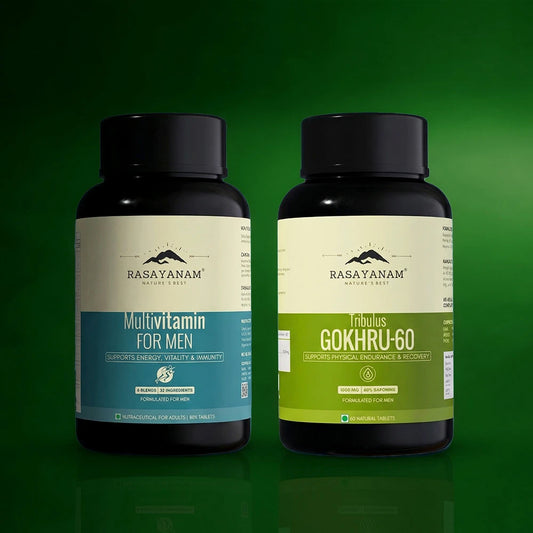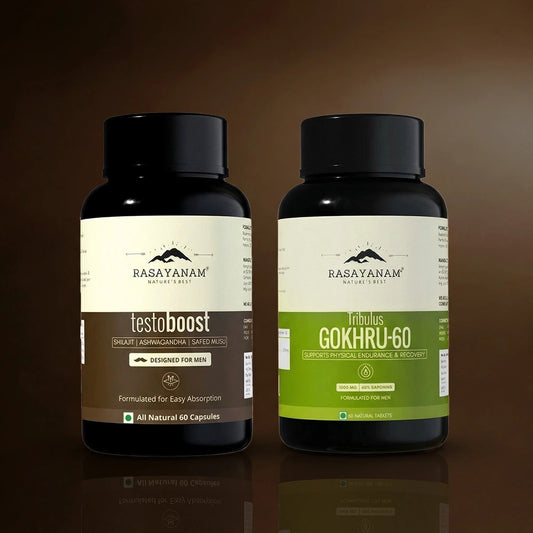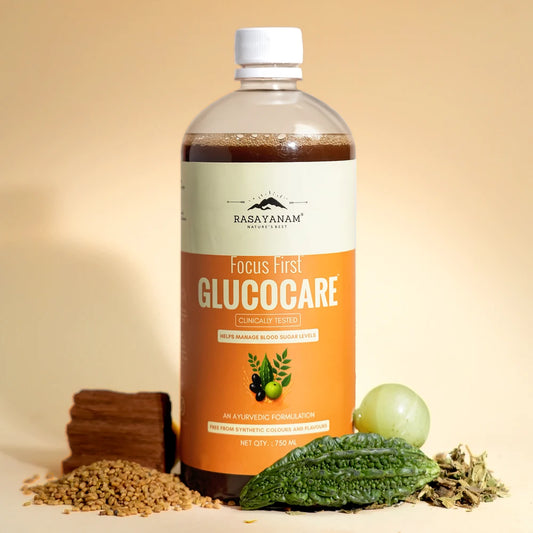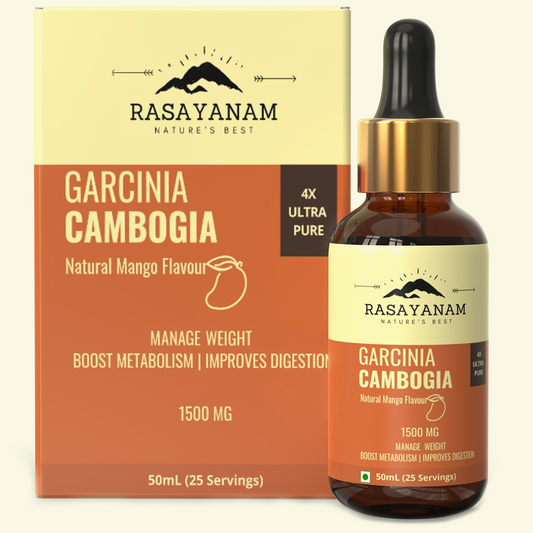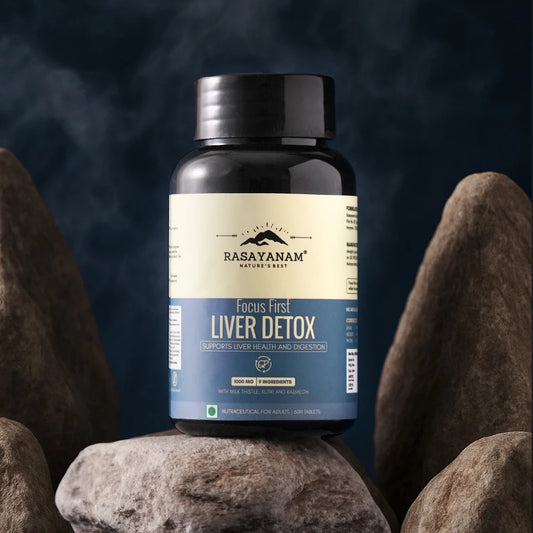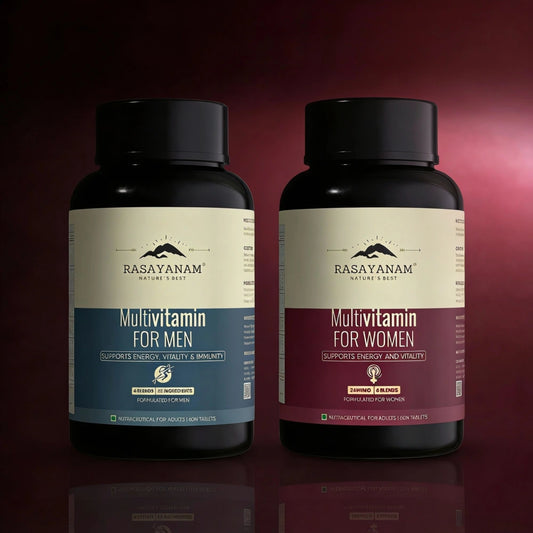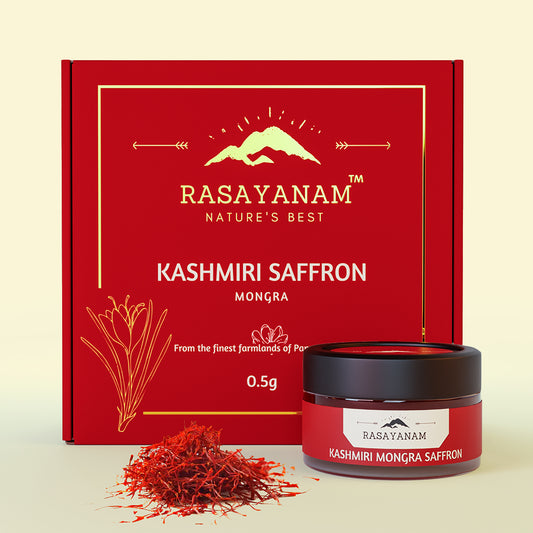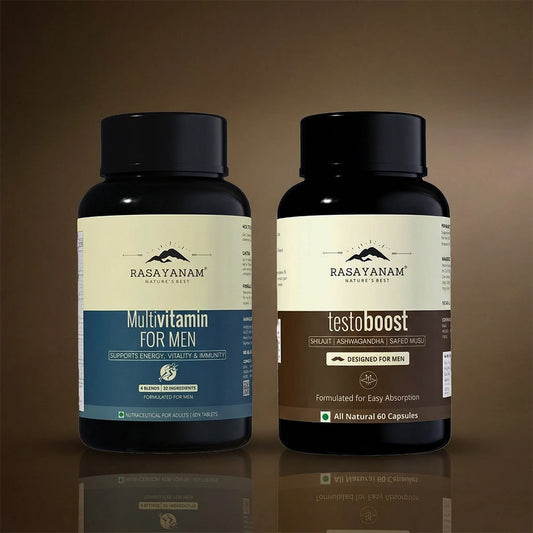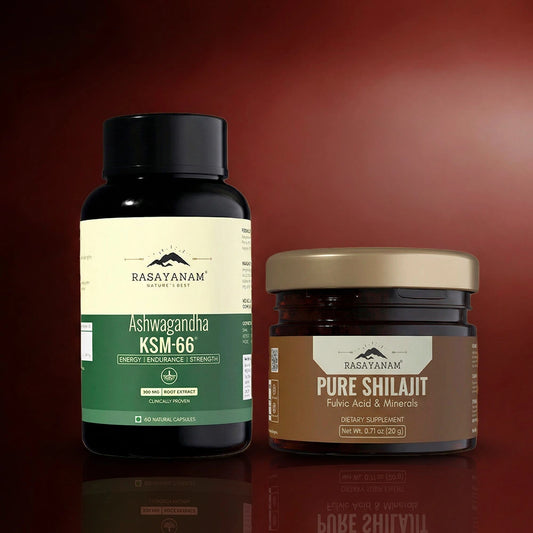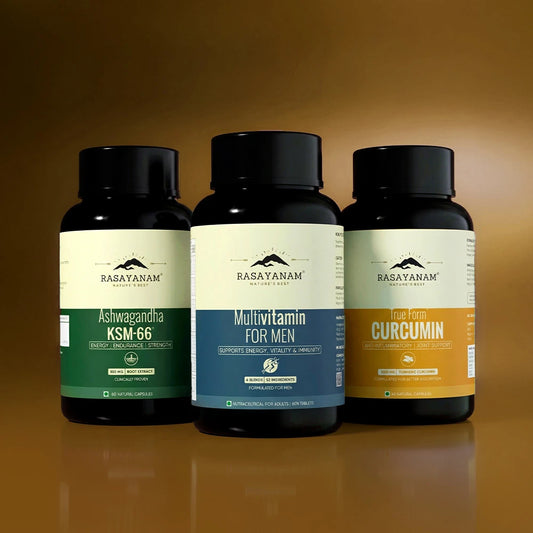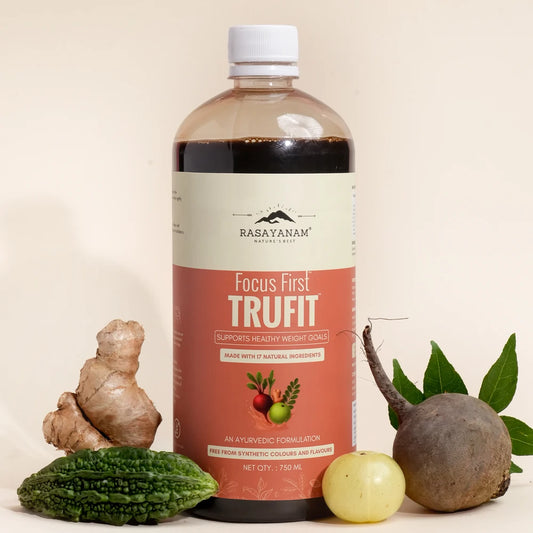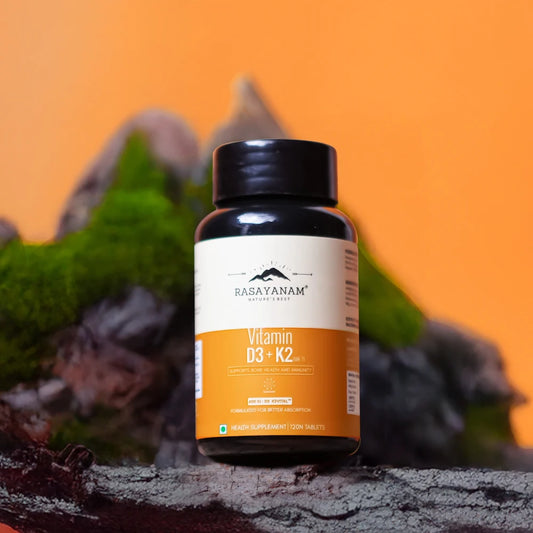A Comprehensive Guide to Safely Consuming Saffron During Pregnancy

Pregnancy is a phase that requires you to be cautious about what you ingest since it affects the baby inside your womb. Whether it’s morning sickness, nausea, or other discomforting symptoms, a pregnant woman has to bear it all, especially in the initial phase. So, the best one can do is to have a diet including things that would aid the pregnancy process and ease down the symptoms. One of the most recommended edibles for consuming saffron during pregnancy is saffron milk.
Saffron, widely known as Kesar, is an exotic spice used in various Indian cuisines for its aromatic flavor and rich color. Besides its incredible flavor, the spice contains amazing medicinal properties, which makes it an essential item to be included in the diet of a pregnant woman.
If you are pregnant and not sure how to incorporate Saffron into your diet, then here is all you have to know about buying saffron and making the most efficient use of saffron or kesar during pregnancy.
Is it safe to take Saffron during pregnancy?
Saffron, like any other spice, is safe to take during pregnancy, provided it is used in moderation. Only a small amount of Saffron is enough to reap its benefits. Also, the best way to consume Saffron is used add its strands to the milk and drink this Saffron milk daily.
Generally, it is recommended that a pregnant woman should avoid drinking Saffron milk in her first trimester (first three months of pregnancy or week 1 to week 12.) It is after you approach the second trimester (week 13 to week 28) that it gets safer and more effective to consume saffron during pregnancy.
Dosages and Safety
A common pregnancy tip suggested by old ladies in Indian families is to consume Saffron to make the baby fair, but of course, there is no scientific evidence attached to it. A glass of Saffron milk can do wonders, but whether it can affect the baby’s skin is doubtful. Instead, consuming Saffron offers a whole host of other benefits. Saffron has amazing healing properties and Kesar benefits such as relaxing the muscles, relieving stomach aches, preventing allergies, etc. But the complexion of the baby, whether it is dusky or fair, is not the factor that determines the baby’s health; rather, it’s the genes of the parents. Also, Saffron intake can help with the overall texture and health of the skin when consumed regularly in moderation.
Consuming Saffron in large amounts or more than 8-10 grams will do more harm than good, and its repercussions include uterine contractions, premature labor, or even miscarriage. So, it is better to start small and use only about one or two strands in one glass of milk.
If you are fond of the flavor of Saffron, you can add its strands to the other dishes, but occasionally. This spice is best suited to add in rice, kheer, desserts, buttermilk, etc.
If you have major health complications, especially those that are emerging due to pregnancy, then consulting the doctor is important before you decide to include Saffron in your diet.
How much saffron to use in milk during pregnancy?
As mentioned, it is not safe to take more than 10 grams of Saffron in a day, as it would result in various health risks. Adding 1-2 strands of Saffron is the safest way to start consuming Saffron and get saffron benefits for women. Afterward, you can add about 3-4 strands to the milk after soaking them in one cup of milk overnight or for 4-6 hours. Soaking them in milk is the ideal method to preserve the flavours and nutritional benefits of Saffron. Boiling Saffron makes it lose its precious oils and other properties.

Which saffron is good for pregnancy?
Kashmiri Mongra or Kashmiri Saffron is best to take during pregnancy. It is considered the safest for use by pregnant women. The key is to get premium quality Saffron from the best brand. Before buying saffron, make sure it is lab-tested and Grade A1 certified.
The Saffron needs to be Grade A1 tested and ISO certified as
- There are a lot of adulterated Saffron sold in the market. Since it is a popular spice used in recipes, people take advantage of it and sell fake Saffron to unaware customers.
- Different types of additives or coloring agents are added to make fake Saffron that can be extremely harmful to health. For instance, there is a plant known as Safflower, which is dyed red and then sold at a high price. This plant has no health benefits and is completely different from real saffron.
- Another way customers are fooled with fake Saffron is by supplying them with low grades of Saffron mixed with other ingredients and sold at prices the same as real high-quality Saffron.
So it is crucial to check the ISO certification mark before you buy Saffron and also to make sure that it is Grade A1 certified.
Also, for assessing the authenticity of Saffron, ensure that it is thin, long, smooth to the touch, and has an earthy sweet smell.
How to make saffron milk?
Saffron milk is one of the easiest ways to incorporate this magical herb into your pregnancy diet. Milk is filled with proteins and calcium, and adding Saffron to it intensifies its flavor and the many saffron benefits for women. Saffron milk is the most recommended drink during pregnancy by family and friends and is quite easy to prepare.
For preparing the Saffron milk, you need-
- Saffron- 4-5 mg or 3-4 strands
- Milk- One glass or 250 ml
- Sugar- 1-2 teaspoons
- Nuts (optional)
Take one cup of milk, add the strands of saffron, and soak them for at least 4 hours. You can also boil the strands along with the milk at a low temperature, but soaking them is always better. You can use whole milk or soy milk, as both are considered good for a pregnant woman.
Add the soaked saffron into one full glass of milk and stir it while boiling at a low temperature for around 3-5 minutes.
Add sugar to your taste if you like your glass of milk sweet.
Include cardamom or cinnamon powder, and some crushed nuts to further add to the kesar benefits, nutrition, and flavor.
Best time to drink saffron milk during pregnancy-morning or night?
Pregnant women can take the Saffron milk at the usual time they take milk every day, whether it is day or night. However, bedtime is considered the best time to take milk as it helps with quality sleep. But there is no harm in drinking the milk during the day either, provided you don’t have lactose intolerance.
Ayurveda recommends consuming saffron in pregnancy only when you enter the fourth month of pregnancy since it is the time when you start sensing the movement of the baby inside your womb. Avoid drinking Saffron milk during the first trimester.
Also, the eighth month of your pregnancy is the most critical and is the time when you have to start focusing on your diet more. So, having Saffron milk regularly is important during this time. Kesar or Saffron helps with the mood swings and depression that are prevalent during the third trimester (week 29 to week 40) of pregnancy.
Wrapping up
Saffron is an incredible herb that can aid the discomforts a pregnant woman has to deal with. But it is only after you get the quality Saffron and use it right away that you can benefit from its medicinal properties and flavors. It is crucial that you get Saffron from a reputed brand or store, as there is no dearth of adulterated Saffron in the market. Do not buy a Saffron that is not sold in tight packaging or its price is too low. Always check the ISI mark or expiry date on the Saffron box or packet before buying.

































